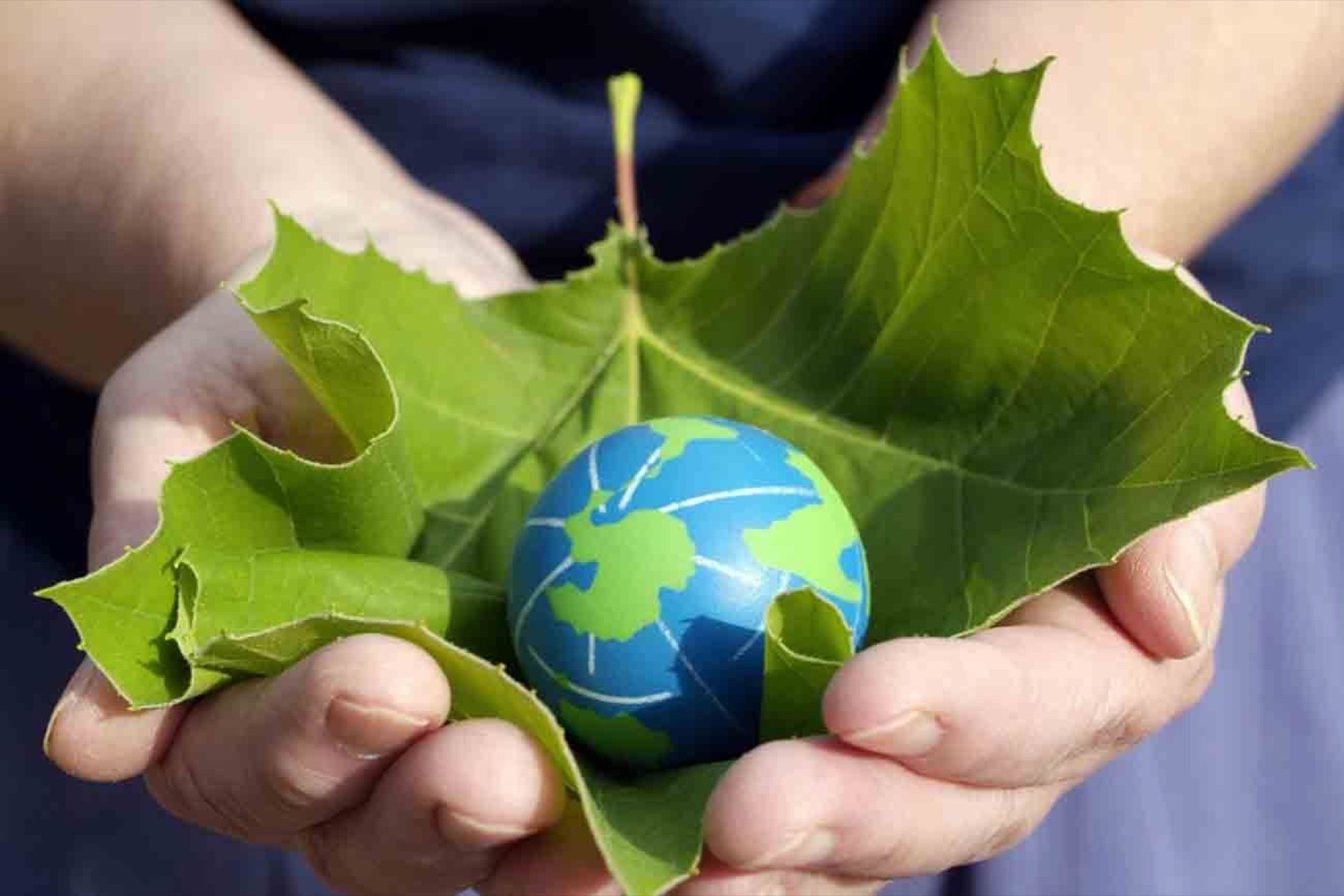How Should Businesses Tap Into Growing Green Consumerism? Efforts must be made to remove the distrust that consumers have about the genuineness of green products and also their quality
By Vineet Arya
Opinions expressed by Entrepreneur contributors are their own.
You're reading Entrepreneur India, an international franchise of Entrepreneur Media.

Environmental degradation has been hitting the headlines across the globe for quite some years now. Corporates, governments and consumers are beginning to realize that unsustainable production poses a grave danger to mankind. This realization has lately given an unprecedented boost to green consumerism that started as an idea in the Western societies way back in the 60s and 70s.
The impulse to go green is gaining momentum among consumers. Nielsen's 2015 Global Corporate Sustainability Report says, 66% of consumers would spend more on a product if it came from a sustainable brand. Up to 73% of the surveyed millennials had a similar view and this trend continues. It is no surprise that Millennials, often called the green generation are driving the sustainable movement.
According to a global web index study done in 2018 over 60% of Millennials (aged 22-35 years) say that they are ready to pay extra for eco-friendly products, closely followed by Gen Z while this number is 55% in Gen X (aged 36-54) and only 46% in baby boomers (aged 55-64). The figures for the Millennials are only likely to grow as their absolute numbers grow along with a growth in their disposable income.
So What Should Businesses do to Address This Growing Number of "Green' Consumers?
One of the first things that companies should do is to make the consumers aware that a green alternative is available by educating them not only about the alternative "green' products but also about various environmental problems. Consumers must also be educated about the financial and environmental benefits that accrue from purchasing and using green products.
Then it must be ensured that the negative perception about green products vis a vis traditional products is demolished. Efforts must be made to remove the distrust that consumers have about the genuineness of green products and also their quality. This means that the quality of green products must at least be equal to conventional products if not better.
Green Marketing strategies
Here are some strategies that you can follow to tap into the growing number of green consumers.
Ensuring Transparency
Often, marketeers use words like organic, eco-friendly, sustainable, green, natural, etc that confuse and mislead consumers. It would be better if companies ensure transparency in product details and corporate practices and report progress in these areas. For example, outdoor clothing retailer Patagonia doesn't hide its use of chemicals but gives consumers and authorities a view of how it operates to curb adverse social and environmental impact through its "footprint chronicles."
Green Design
Ensure that your products and services have a green design. If your products and or services are green then there is no need for greenwashing. Green designing ensures that all components of your products are green and the ultimate result is green too. Many companies have started adopting this policy to garner greater consumers support.
Avoid Making Pointed Green Claims
Yes, it is true! It might seem odd not to let consumers know about the "green" benefits of your product in view of various surveys and figures which point to the benefits that you can enjoy by advertising your green quotient. But it is a fact that whether eco-friendly or not, consumers are interested in buying products that benefit them personally. So focus on the primary benefits of a product with ecological betterment thrown in as an extra.
Going green gives your business a competitive advantage by strengthening your brand and by increasing your market share and goodwill so it is a winning strategy for businesses to follow.
A word of caution here! Companies should never indulge in greenwashing - the phenomenon where companies make misleading claims about environmental benefits of their products and or services - as such claims can ruin your reputation and can be detrimental to your business interests as Walmart found out in 2017. It had to pay USD one million to settle a greenwashing claim for selling plastics with the misleading claim that they were environment-friendly, according to a story in Plastic News.












